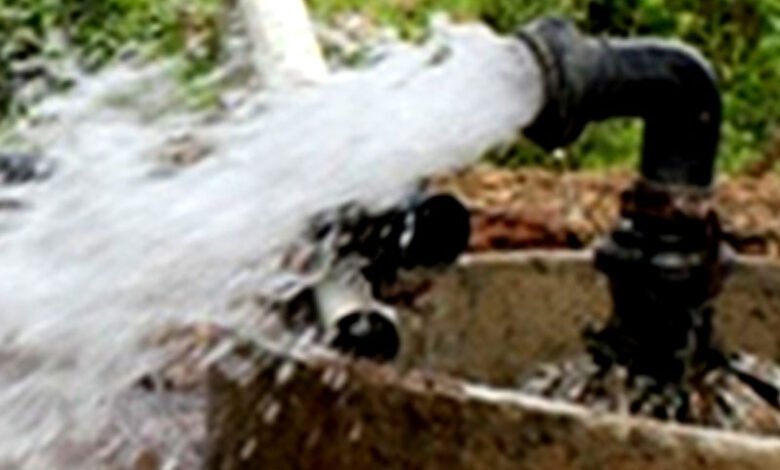Groundwater depletion rates in India may triple in coming decades, warns study
Farmers in India have adapted to warming temperatures by intensifying the withdrawal of groundwater used for irrigation.

New Delhi: Farmers in India have adapted to warming temperatures by intensifying the withdrawal of groundwater used for irrigation.
If the trend continues, the rate of groundwater loss could triple by 2080, further threatening India’s food and water security, a new study led by an Indian-origin researcher has warned.
Reduced water availability in India due to groundwater depletion and climate change could threaten the livelihoods of more than one-third of the country’s 1.4 billion residents and has global implications, according to the study led by University of Michigan in the US.
India is the second-largest global producer of common cereal grains including rice and wheat.
“We find that farmers are already increasing irrigation use in response to warming temperatures, an adaptation strategy that has not been accounted for in previous projections of groundwater depletion in India,” said senior author Meha Jain, assistant professor at the university’s school for
environment and sustainability.
“This is of concern, given that India is the world’s largest consumer of groundwater and is a critical resource for the regional and global food supply,” she said in the study published in the journal Science Advances.
The lead author is Nishan Bhattarai of the Department of Geography and Environmental Sustainability at the University of Oklahoma, formerly a postdoctoral researcher in Jain’s lab.
The research analysed historical data on groundwater levels, climate and crop water stress to look for recent changes in withdrawal rates due to warming.
The researchers also used temperature and precipitation projections from 10 climate models to estimate future rates of groundwater loss across India.
Previous studies have focused on the individual effects of climate change and groundwater depletion on crop production in India.
According to the authors, those studies did not account for farmer decision-making, including how farmers may adapt to changing climate through changes in irrigation decisions.
The new study takes into account the fact that warmer temperatures may increase water demand from stressed crops, which in turn may lead to increased irrigation by farmers.
“Using our model estimates, we project that under a business-as-usual scenario, warming temperatures may triple groundwater depletion rates in the future and expand groundwater depletion hotspots to include south and central India,” Bhattarai said.
“Without policies and interventions to conserve groundwater, we find that warming temperatures will likely amplify India’s already existing groundwater depletion problem, further challenging India’s food and water security in the face of climate change,” Bhattarai added.
Previous studies found that climate change could decrease the yield of staple Indian crops by up to 20 per cent by mid-century.
At the same time, the country’s groundwater is being depleted at an alarming rate, primarily because of water withdrawal for irrigation.
For the study, the researchers developed a dataset that contains groundwater depths from thousands of wells across India, high-resolution satellite observations that measured crop water stress, and temperature and precipitation records.
The research team found that warming temperatures coupled with declining winter precipitation more than offset added groundwater recharge from increased monsoon precipitation, resulting in accelerated groundwater declines.
Across various climate-change scenarios, their estimates of groundwater-level declines between 2041 and 2080 were more than three times current depletion rates, on average, the study noted.




